The Independent's journalism is supported by our readers. When you purchase through links on our site, we may earn commission.
Best historical fiction books of 2024, from Robert Harris to Colm Tóibín
Transport yourself back to a bygone era with Katie Rosseinsky’s guide to the best historical fiction releases of the year

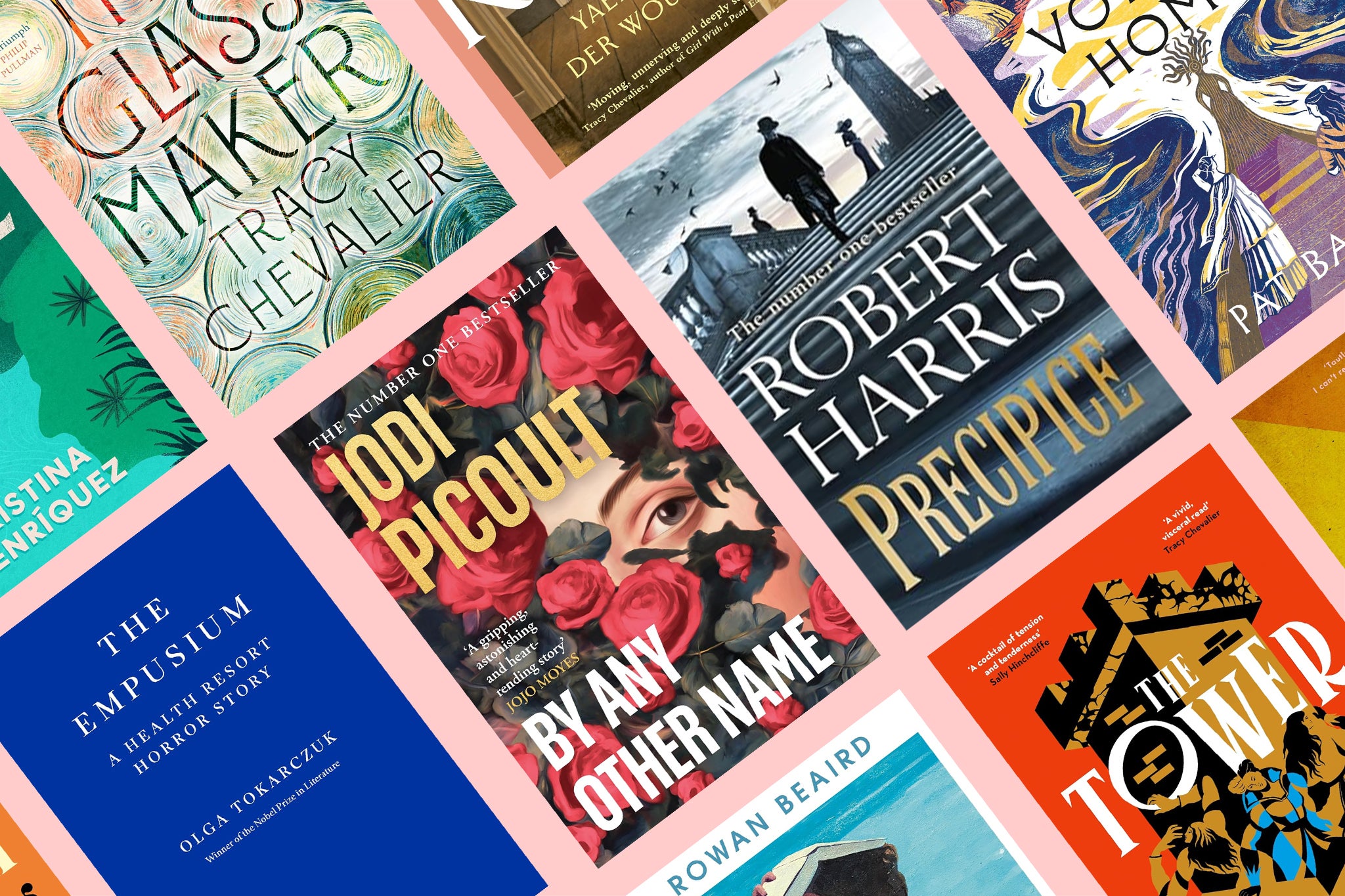
Your support helps us to tell the story
From reproductive rights to climate change to Big Tech, The Independent is on the ground when the story is developing. Whether it's investigating the financials of Elon Musk's pro-Trump PAC or producing our latest documentary, 'The A Word', which shines a light on the American women fighting for reproductive rights, we know how important it is to parse out the facts from the messaging.
At such a critical moment in US history, we need reporters on the ground. Your donation allows us to keep sending journalists to speak to both sides of the story.
The Independent is trusted by Americans across the entire political spectrum. And unlike many other quality news outlets, we choose not to lock Americans out of our reporting and analysis with paywalls. We believe quality journalism should be available to everyone, paid for by those who can afford it.
Your support makes all the difference.A good historical novel has the power to transport us back to a different time and make it seem as real and immediate as our present moment.
When it’s done well, a period piece shouldn’t feel like a textbook, or like an exercise in showing just how much research the author has accumulated (however impressive that might be). Instead, it breathes life into historical characters we might already be familiar with, or gives a voice to forgotten figures, making us see the era from a different perspective.
The best historical novels of 2024 do all this and more, covering many millennia as they take us from ancient Greece to Shakespearean London to Cold War Europe. How are we classifying a period piece? As a general rule of thumb, we’re including anything set earlier than the Seventies (your own definition may well differ).
From the latest work by a Nobel laureate to a Robert Harris pageturner, here are our favourites…
The Voyage Home by Pat Barker
Pat Barker’s Trojan novels turn Greek mythology on its head, weaving compelling stories in the gaps left by the likes of Homer and Euripedes; of all the recent books offering female-focused retellings of old legends and sagas, they’re among the very best. The Voyage Home is the third instalment in the series and picks up after the Trojan war has finally come to an end. The focus shifts to Cassandra, the prophetess doomed to never have her predictions believed, as she is enslaved as the “war wife” of King Agamemnon. As they travel to his home city of Mycenae, she is plagued by horrifying visions – prophecies of what awaits them when they return to Agamemnon’s Queen, Clytemnestra, who has spent a decade plotting deadly revenge on her husband. (Hamish Hamilton)
Precipice by Robert Harris
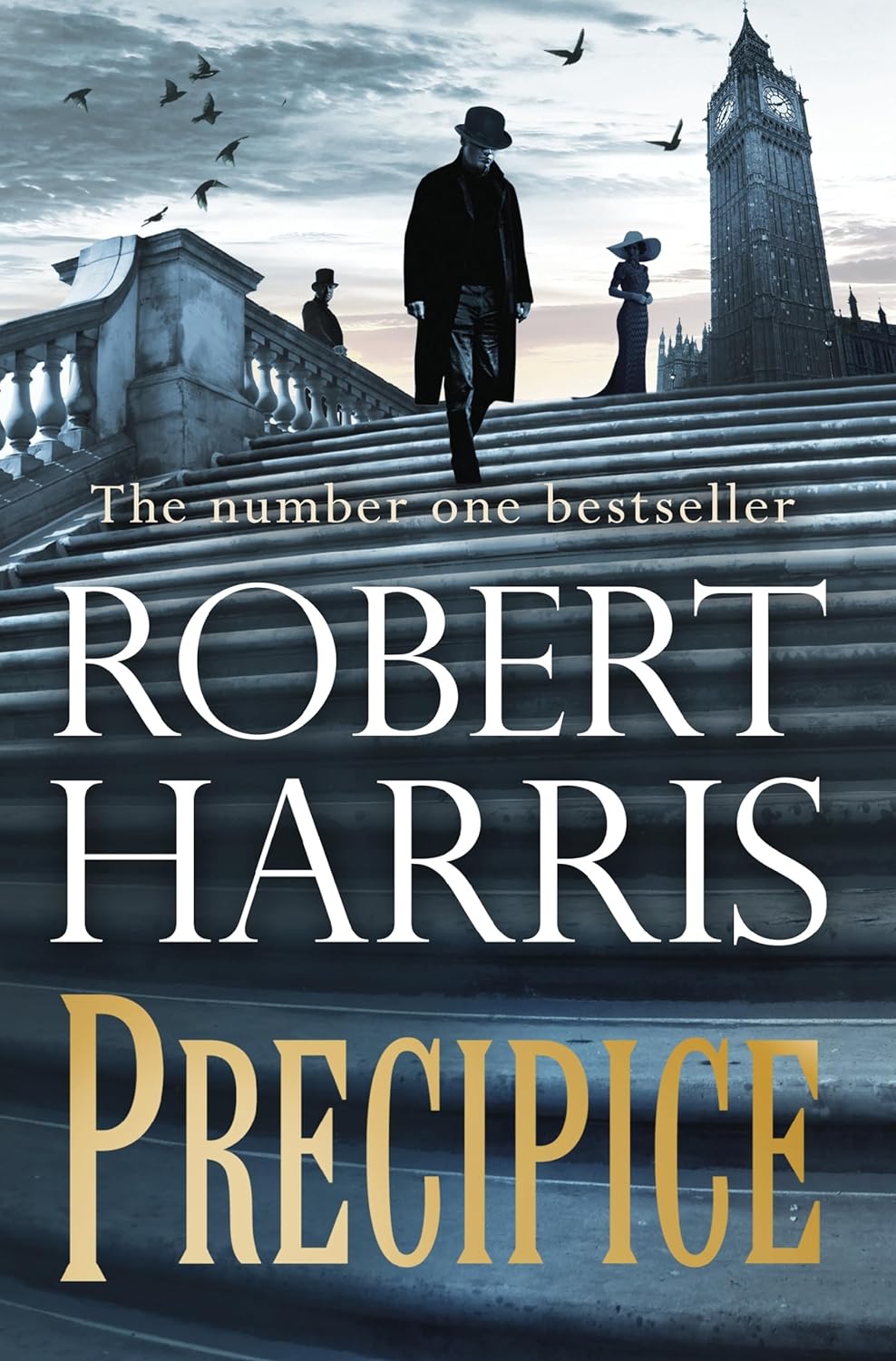
As Britain is on the brink of the First World War, its prime minister HH Asquith is embroiled in a love affair with Venetia Stanley, an aristocrat who is 35 years his junior, sometimes writing to her several times a day. Robert Harris’s novel deftly reconstructs their secret relationship, blending fact and fiction by weaving Asquith’s real letters into his text (Stanley’s responses are lost to history – the politician reportedly burned them shortly before he left Downing Street). He cleverly captures how the implications of the pair’s private romance spilled out into the public sphere, too, as the infatuated PM litters his correspondence with potentially dangerous wartime secrets. (Cornerstone)
The Tower by Flora Carr
After Scotland’s nobility turns against her, Mary Queen of Scots is imprisoned in one of her country’s most notorious prisons: the island stronghold of Lochleven Castle. Flora Carr’s debut novel delves into the young, pregnant queen’s psyche as she is locked up in a claustrophobic chamber for almost a year, accompanied only by her maids – until the arrival of her close friend makes escape a possibility. Carr makes us reconsider this formidable character from a fresh angle and gives voice to forgotten figures, too. (Hutchinson Heinemann)
The Glassmaker by Tracy Chevalier
The Glassmaker is as finely wrought as a dazzling Murano bead. Tracy Chevalier’s latest novel opens in Venice in the fifteenth century, as the teenage Orsola defies convention to train in glasswork, one of few women to learn this trade. Then the story dances through time, as we meet Orsola in different historical periods over almost half a millennia; while the world changes around her, she barely ages (time moves differently in Venice, Chevalier tells us). It’s a bold conceit that might weigh other writers down but Chevalier pulls it off with aplomb, reaffirming her status as one of the reigning queens of historical fiction. (The Borough Press)
Long Island by Colm Tóibín
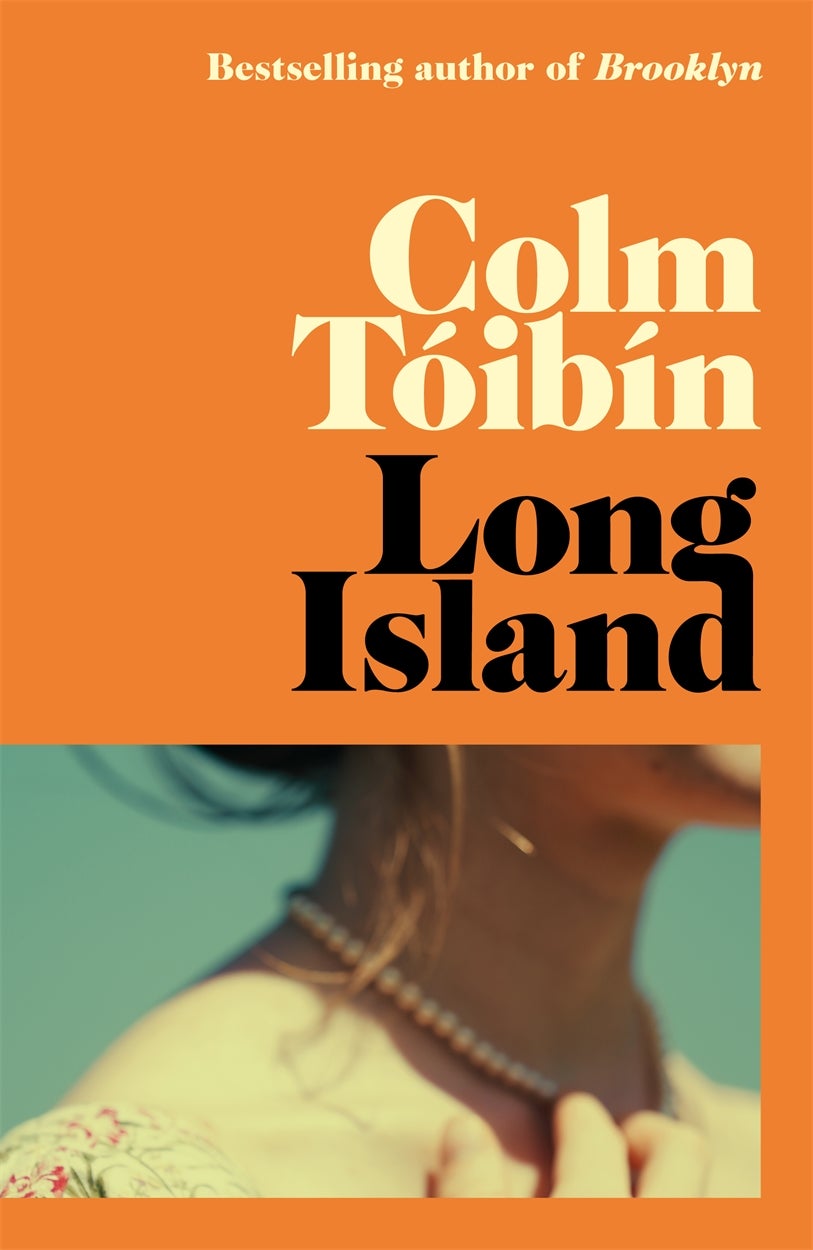
The long-awaited sequel to Brooklyn picks up Irish ex-pat Eilis’s story two decades on. After choosing to stay with her Italian-American boyfriend Tony, she’s had a pretty happy marriage. Until a man knocks on her door with news that will throw her life off-kilter: Tony has been having an affair with the man’s wife, and there’s a baby on the way. This revelation prompts her to head back over the sea to Ireland – and to Jim, the man she turned down years ago. It’s a gorgeous slow burn of a story, suffused with a sense of longing and might-have-beens. Let’s keep our fingers crossed for an adaptation starring Saoirse Ronan, who played Eilis in the film version of Brooklyn (although we might have to wait 20 years or so). (Picador)
The Empusium by Olga Tokarczuk
Nobel laureate Olga Tokarczuk is one of the most distinctive authors writing today; her novels, which often dance between genres and historical periods, have a unique capacity to grip and unsettle. The Empusium opens in 1913, with Europe on the cusp of war. A young Polish man travels to the Silesian mountains to check in at a Guesthouse for Gentlemen, hoping that his stay will cure him of tuberculosis. What he discovers at this health retreat is far more disturbing than he expected. (Fitzcarraldo Editions)
The Divorcées by Rowan Beaird
Back in the Fifties, Americans stuck in unhappy marriages had an unusual get-out option: they could head to one of Reno’s “divorce ranches”. The state of Nevada offered divorces in just six weeks if you moved there, so scores of spouses checked in to the ranches for the duration, where they could ride horses and chat to cowboys. Rowan Beaird’s novel tells the story of one of those aspiring divorcées, whose stay on the ranch turns upside down when she strikes up a friendship with a glamorous fellow guest. A beautifully crafted debut that unspools delicately and teems with period detail. (Bonnier Books)
Munichs by David Peace
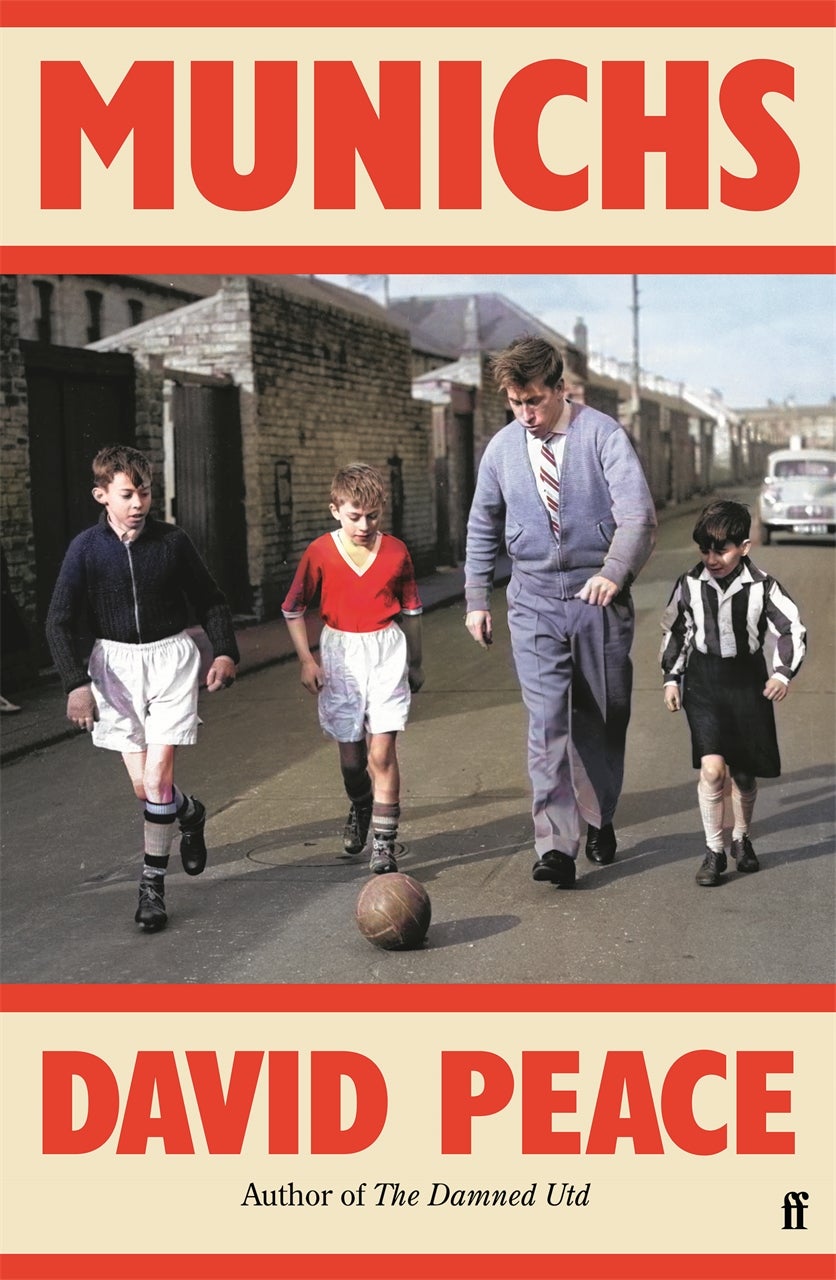
No one writes about British footballing history like David Peace. The latest novel from the author of The Damned United and Red or Dead traces the devastating impact of the 1958 Munich air disaster, when a flight carrying the Manchester United football team, their staff and journalists crashed during an attempt at take-off. Twenty passengers were killed instantly, with three later dying in hospital. Peace explores the shockwaves of the tragedy, shifting perspectives from the players’ families to the survivors to the management grappling with the team’s future. A masterpiece. (Faber)
The Household by Stacey Halls
At the height of his literary fame, Charles Dickens took on a very different project: with the financial backing of the millionaire banking heiress Angela Burdett-Coutts, he set up a house where so-called “fallen” women could start their lives afresh. The Household, the latest book from bestseller Stacey Halls, takes this project as its starting point, weaving together the stories of the inhabitants of Urania Cottage, as well as the unsettling real-life story of Burdett-Coutt’s stalker, Richard Dunn. It’s a fascinating and disturbing slice of Victoriana. (Bonnier Books)
The Great Divide by Christina Henriquez
The construction of the Panama Canal at the dawn of the twentieth century forms the backdrop for this sweeping novel, with this dramatic feat of engineering bringing together the lives of characters from very different walks of life. There are Panamanians getting to grips with their country’s new status as an independent nation, and foreigners who have arrived there wanting to make their names (or at least make a lot of money). Among them is Ada, a teenager who arrives as a stowaway from the West Indies. Christina Henriquez cleverly intertwines disparate stories and voices, unspooling the personal tales that underpin an iconic landmark. (Harper Collins)
The Safekeep by Yael van der Wouden
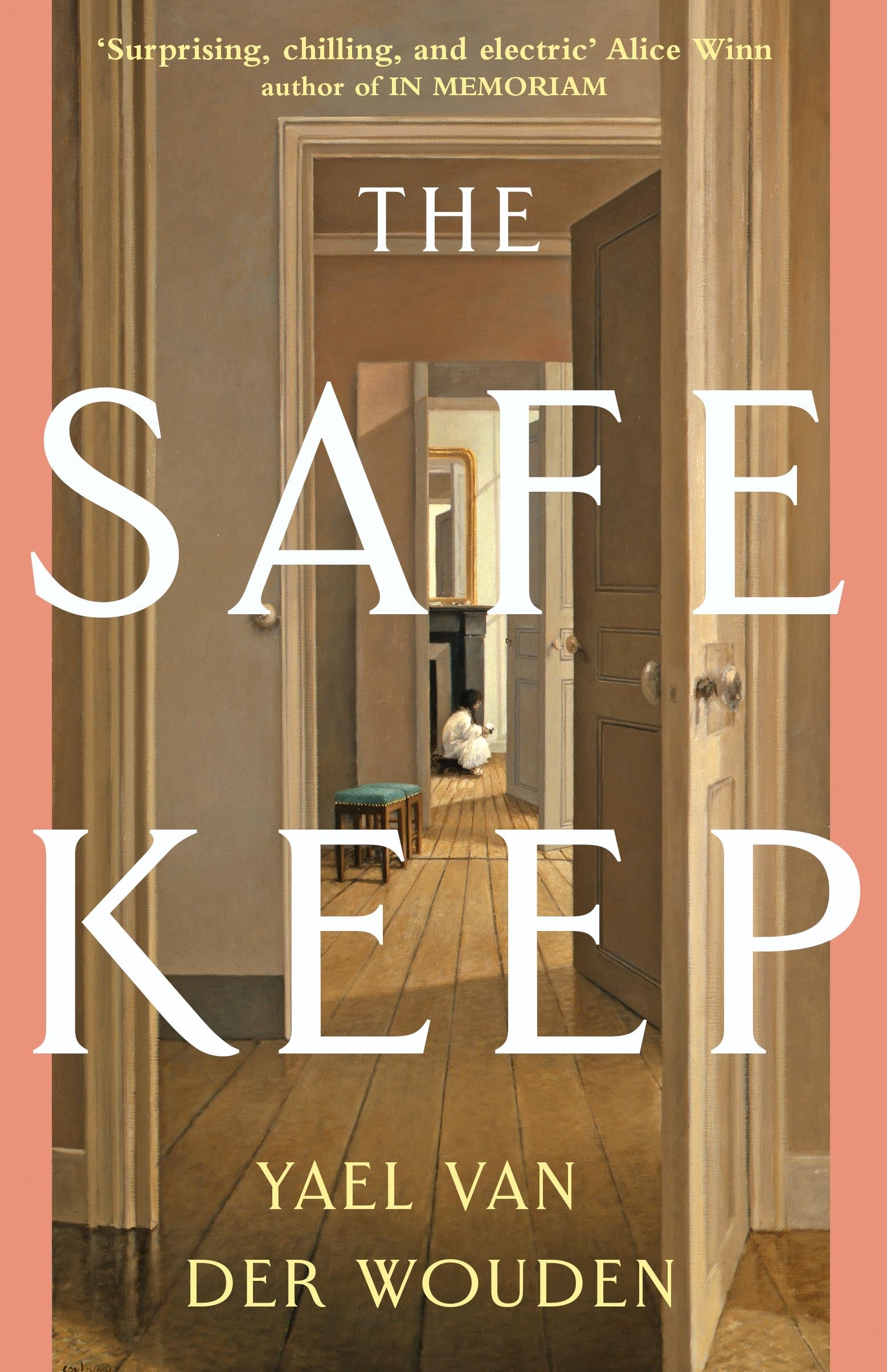
The debut novel from Dutch author Yael van der Wouden was such a hot property in the book industry that it sparked a nine-way auction; it has since earned comparisons with Sarah Waters and Ian McEwan and has gone on to be shortlisted for the Booker Prize. There are also shades of Patricia Highsmith in Van der Wouden’s tale, which takes place 15 years after the Second World War, with the memories of occupation still echoing around the Dutch countryside. Isabel lives alone, rattling around her dead mother’s empty home, but her solitary existence is interrupted when her brother arrives with his new girlfriend, a woman who seems to be her opposite in every way. Tensions between the two simmer unbearably against the backdrop of a sweltering summer. (Penguin)
By Any Other Name by Jodi Picoult
Jodi Picoult’s first foray into historical fiction sees the best-selling author ask us to consider: what if Shakespeare wasn’t who he thought he was? What if he was actually a woman? Emilia Bassano is an aristocratic Elizabethan with a talent for writing and a love for the theatre, but her gender (and the weight of social expectation) makes it near impossible to get her work published and performed. So she hatches a scheme, recruiting a hapless actor named, you guessed it, William Shakespeare, to become the public face of her writing. It’s a fun jaunt through Elizabethan London, full of literary easter eggs. (Penguin)
The Silence in Between by Josie Ferguson
A mother is separated from her newborn son as the Berlin Wall divides the city in two in a thoughtful and moving debut from Josie Ferguson. It’s 1961, and Lisette’s baby boy is being treated in a hospital on the other side of Berlin. Overnight, the borders close, and travel is banned. Lisette, already haunted by her experiences of war, goes silent, prompting her teenage daughter to hatch a plan to bring back the baby. Rooted in real stories, The Silence in Between is a reminder of how seismic political events shape ordinary lives. (Transworld)
Join our commenting forum
Join thought-provoking conversations, follow other Independent readers and see their replies
Comments